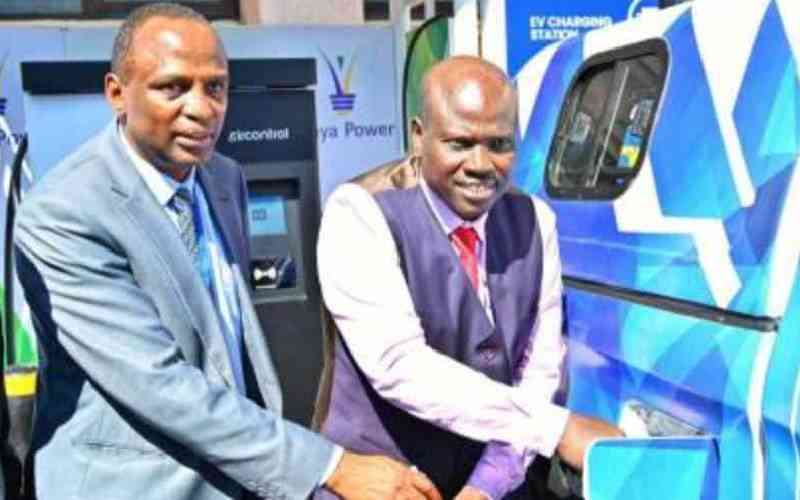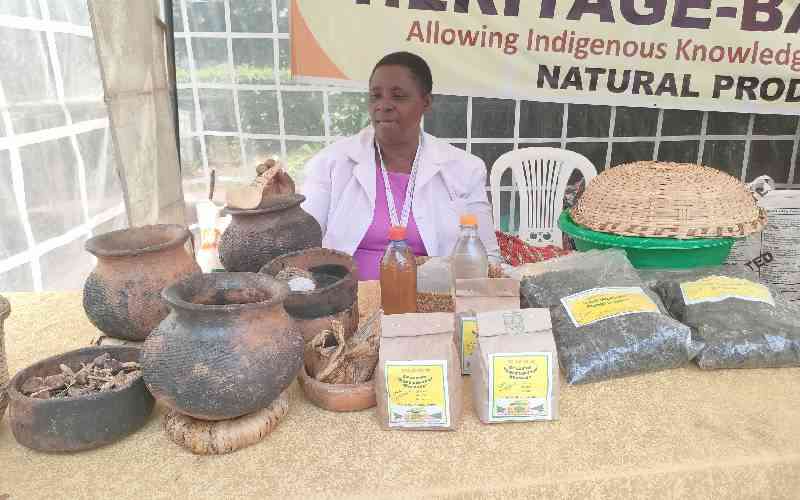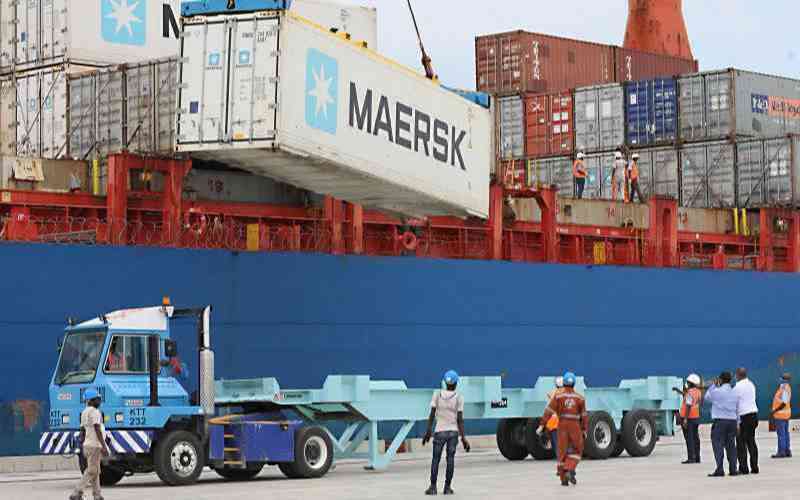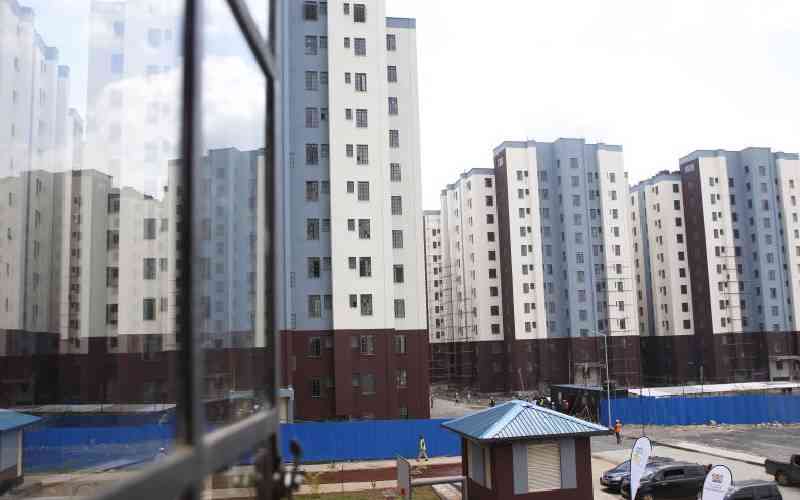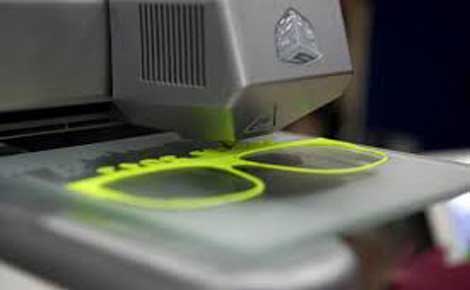 |
DARES SALAAM: A bilateral project supported by Finland in Tanzania is diversifying to hardware development business starting this year.
The project implemented through Tanzania Science and Technology (Tanzict) is taking giant leap into ambitious three - dimensional (3D) printer development at its innovation hub based in Dar es salaam.
Confirming the new developments, co-manager at Tanzict, Brian Paul says the venture into hardware will revolutionise printing industry across the country and the region. ''Hardware product development is part of innovation process we are now focusing from next year (2015). We see it as a revolutionary field to explore,'' said Brian who is also innovation mentor incubation hub.
The assembling of the 3D prototype device from e-waste materials has begun setting stage for its propulsion into full scale development of infrastructure. "We have a lot of materials locally but there is absence of infrastructure. Innovation should be focused on creating infrastructure," he explains of the hardware.
At Buni hub, intensive brainstorming sessions involving mentors and innovators has been ongoing. Plans for a soon-to-be launched 'Fablab' which will act as assembly centre for the printer have also been completed,officials confirmed in an interview recently.
Easily available bulk of e-waste in Tanzania would mean that production costs will be reduced making the device competitive against mainstream ones. Already,Buni hub innovators are gearing up to develop 3D printer having undergone intensive training to make a commercial device with modern capabilities.
